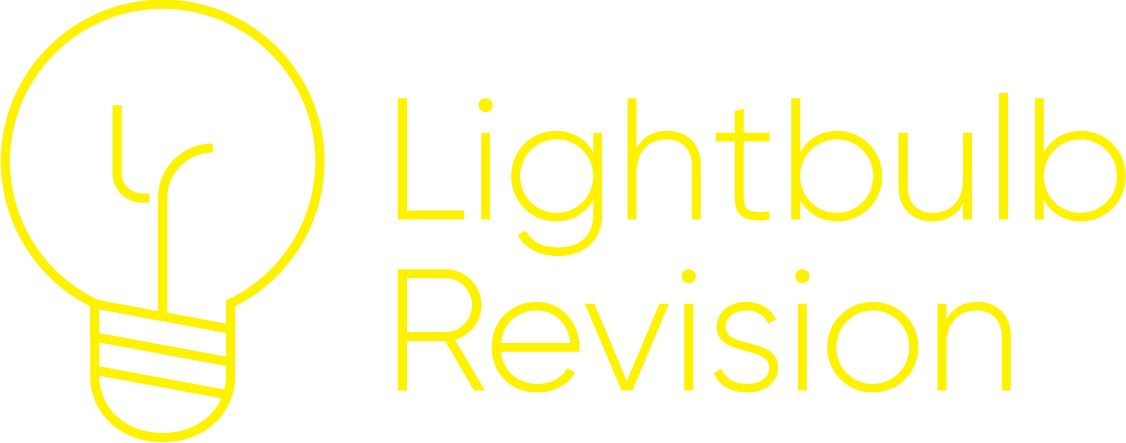Education
Exploration of a theme
The importance of education is explored throughout the story of the animals’ revolution.
‘nine puppies… Napoleon… (said) that he would make himself responsible for their education’
• Napoleon takes the puppies away to educate them.
• His version of education is to train them to obey him completely and to enjoy violence. Education is used to prop up and promote the corrupt regime.
Context: The training or indoctrination of the young was used by dictators who lived in Orwell’s lifetime, such as Hitler and Stalin.
‘almost all the animals on the farm were literate to some degree’
• Snowball’s reading and writing classes are a success.
• His commitment and dedication to education of the animals shows Snowball in a positive light, as a leader who wishes to see all animals become empowered.
• This marks him as different to Napoleon, whose only interest in education is to train the puppies to become killers.
• Alternatively, Snowball’s interest in education could be a clever excuse for him to build up a powerbase in his rivalry with Napoleon. This is perhaps suggested through the third person narrative which dispassionately notes that the animals are literate ‘in some degree’, the determiner ‘some’ indicating that the classes were not particularly successful. Maybe Snowball’s real aim was to create a loyal following under the guise of education classes. The educational initiatives might have been misused for Snowball’s personal gain.
‘Mollie refused to learn any but the five letters which spelt out her own name’
• Mollie, and the other animals, have limited interest in using their literacy skills.
• Mollie is seen as completely self-absorbed, using her skills to simply admire herself.
Context: Orwell was a great champion of the working class but he was frustrated by what he saw as working class apathy which ruthless leaders such as Stalin took advantage of.
‘if she could have spoken her thoughts’
• Clover is full of despair at the horrors of the execution and struggles to articulate her disappointment at the outcome of the revolution.
• The conditional tense here captures how she is not able to speak aloud her thoughts, perhaps showing how free speech has been shut down by Napoleon so that Clover lives in fear of speaking the truth. However, the conditional tense could perhaps reflect how she is too intellectually weak to clearly voice her feelings. She could be unable to articulate her thoughts because of her lack of education which hampers her.
Context: Orwell saw the importance of literacy as a way of empowering the weakest in society. He believed that a literate working class would mean that the people were more likely to be politically active and therefore challenge their leaders.
‘No animal shall drink alcohol to excess’
• It is Squealer who changes the fifth commandment on the wall, showing how the principles of Animalism have been eroded and how the desire to maintain power has led to corruption.
• Orwell uses satire here as Squealer changes this particular commandment while drunk, ensuring that we condemn the hypocrisy of the pigs.
• The commandments are changed throughout the story; the power of the written word is in the hands of the educated pigs, not in the hands of the animals who struggle to read. We see how the revolution fails because of the pigs’ superior intelligence and how they use the written word to manipulate the animals and maintain their corrupt regime.
Context: Stalin used written propaganda to control the population through the government-controlled newspaper Pravda. In the allegorical tale of ‘Animal Farm’, the written commandments and the way they are altered show how the semi-literate animals are also controlled by written language.
Orwell himself wrote propaganda for the Allies during WW2 so he knew its power at first hand.

Grade 9 Analysis
Look at the character in a different way.
Does Orwell show us that education is the best way to a more equal society?
Yes: Orwell clearly shows us the value of education in a society which wishes to be free and equal. As a democratic socialist, he was a champion of the working class and believed that true equality would come if the workers took an interest in their own government. Perhaps the best example of this is Boxer’s death. The semi-literate animals wave goodbye to Boxer as he disappears in the knacker’s van, unable to read the lettering which clearly tells them his fatal destination. It is the educated Benjamin who tells them the truth, shouting ‘fools! Fools! Do you not see what is written on the side of that van?’ Despite his ability to read the letters, Benjamin is too late to stop Boxer’s death, partly because of the slowness and ignorance of the other animals. The reader feels the pathos of Boxer’s death in the dour Benjamin’s unusual animation; his repetition of ‘fools’ shows his anger at their lack of literacy which contributes to the death of the noble Boxer. Structurally, the reader sees the dangers of illiteracy and how it leads to corrupt regimes.
No: Education can be used as a tool for the cruel and the powerful. When the animals are about to protest against Napoleon walking on his hind legs, the sheep silence any protest with their bleating ‘four legs good, two legs better’. They have been educated to become a puppet of the state, given a smattering of knowledge in order to peddle the government’s propaganda and prop up a corrupt regime.




